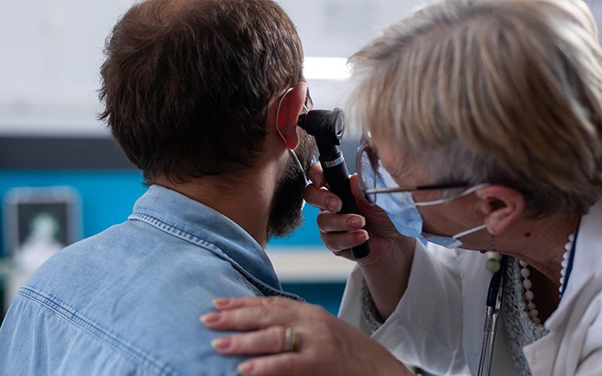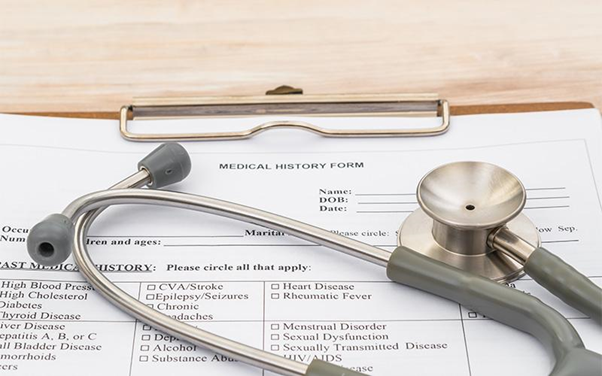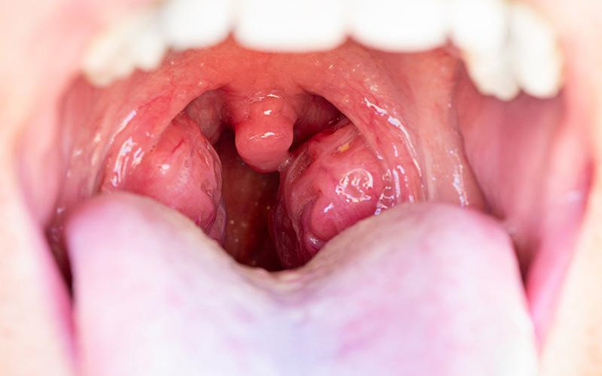Titanium: Biocompatible Medical Metal

Various grades of titanium alloys are used to make pharmaceutical and dentistry tools, as well as other medical supplies. Titanium in the Medical Industry: Benefits and Applications is an easy-to-understand infographic that explains why and how this element is so useful and dependable in the medical field.
Titanium has been used in dentistry since the 1940s (albeit the first titanium dental implant was not introduced until 1965). Titanium’s use in surgeries began in the 1950s and has since spread throughout the medical profession, mainly in cardiovascular and orthopedic treatments, although not exclusively.
The metal’s strength, resistance to bacteria, and lightweight composition make it an excellent material for constructing operational tools, medical supplies, and device parts. Everyday medical instruments such as pacemakers and artificial joints contain titanium parts, but the metal’s strength, resistance to bacteria, and lightweight composition make it an excellent material for constructing operational tools, medical supplies, and device parts.
Because of the medical benefits of titanium, as well as its availability on the market, new medical applications are being researched and developed all the time. With the majority of people in the United States growing older, there will be an increase in demand for numerous medical treatments that presently use or may use titanium in the future. As a result, research and development in these fields should be properly compensated. Continue reading to gain a deeper understanding of titanium’s medicinal applications and benefits.







